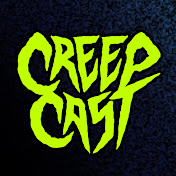Except I am not, they has been used singularly for centuries now.
Let me put it in a way that will make sense for you. Singular “they” is, more often than not, used when people do not know the gender or amount of a group. Whenever you speak of a corporation or company, it is extremely common to use “they” instead of “it”. E.g. “they are the ones in charge of making that decision”. In the example, you are speaking of a company or similar group, a singular entity by itself. However, since the speaker does not know who or how many people make this decision, the speaker uses a singular “they”.
This is but one example of how they has been used as a singular pronoun for ages, but let us digress a little bit. Why the fuck is the royal “we” allowed, but not the singular “they”? They both follow the same structure but inverse of each other, where the royal we is a way to say “I’m speaking of myself as a part of a bigger entity/community”. You can make an argument that both of these carry plural connotations, but my point is that grammar rules and language as a whole is way more nuanced than black or white.
So, please, save your spit and time with a counter argument that only pushes forward discriminating thinking and stop being a pussy about language change.
Btw, I’m not a native English speaker, which goes to show that I was actively taught about singular they, instead of picking it up intuitively like most native speakers do.
Edit PS: don’t even think of using my non-nativeness as a point against me, I know for a fact I have better grammar and care more about orthography than the average native speaker.













Holy shit I didn’t know othe people do the first one as well lmao
I respond to “my god”, usually